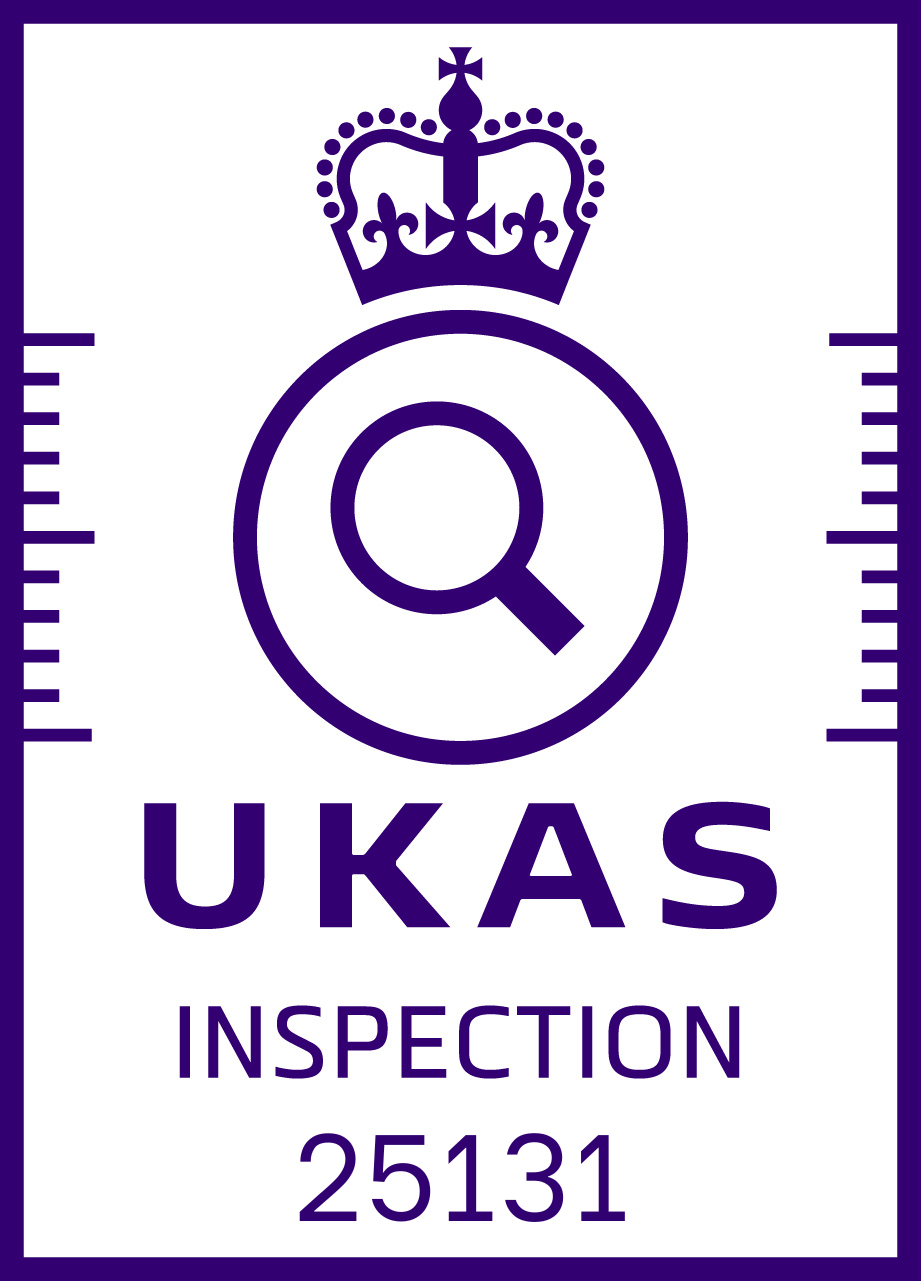The hard-hitting government commissioned report calling for buildings to be made more infection resilient through the imposition of higher ventilation standards has received wholehearted support from the Building Engineering Services Association (BESA).
The report, which was requested by the government’s chief scientific adviser Sir Patrick Vallance, urged the UK to “seize the post-pandemic opportunity to mandate long-term improvements to infection control in commercial, public, and residential buildings”. It estimated that better ventilation and indoor air quality could help save the country £23 billion annually over the next 60 years by reducing the impact of future health emergencies and the regular disruption caused by seasonal diseases like flu.
Infection resilient environments: time for a major upgrade was published by the National Engineering Policy Centre (NEPC), a partnership of 43 UK engineering bodies. The work was led by the Chartered Institution of Building Services Engineers (CIBSE) who proposed that infection control should be coordinated with efforts to improve energy efficiency and fire safety – including building retrofit programmes designed to achieve the government’s net zero ambitions.
“Seasonal diseases already cost the country as much as £8bn a year in disruption and sick days,” said BESA’s head of technical Graeme Fox. “So, even without another major emergency like the Covid-19 pandemic, making buildings more infection resilient by reducing transmission, could have significant health, social and economic benefits.
Comprehensive
“Improved ventilation has already been shown to reduce infection risks, boost productivity and alleviate asthma,” he added. “This report is an excellent and comprehensive piece of work that clearly lays out the benefits of designing, operating, managing, and regulating buildings for infection control.
“It is very much in line with BESA’s ongoing campaign to turn buildings into ‘safe havens’ focused on improving the health and well-being of occupants.”
The report established that many buildings were not operated in line with current air quality standards, because they were built to previous standards, had been modified over time, or were not being managed as originally planned. It recommended that any system specified as part of a building design should now be considered from “an infection perspective”.
New regulations and standards that would apply throughout the lifetime of a building should be developed, according to the NEPC, along with codes of practice to ensure that the health of building occupants was a day-to-day consideration for everyone involved with a building, from designers through to asset managers.
The report challenges industry bodies and public procurers to improve the commissioning and testing of building systems at handover and in operation. CIBSE also called for the setting up of ‘in-use regulations’ for local authorities by 2030 to maintain standards of safe and healthy building performance over a building’s lifetime.
“The pandemic has made clear how important infrastructure and the built environment are for our health,” said Sir Patrick. “We spend most of our time in indoor environments and making these healthier and more sustainable spaces will have wide benefits to our public health, wellbeing, and the economy. This will require action.”
The importance of helping building managers develop “good operational practice” was highlighted by CIBSE President Kevin Mitchell, who also pointed to the “significant costs to business and society of not building and managing our buildings to meet standards of health and wellbeing”.









